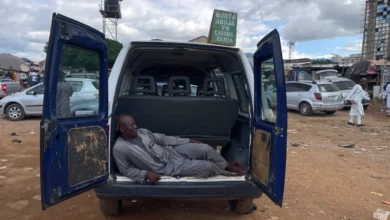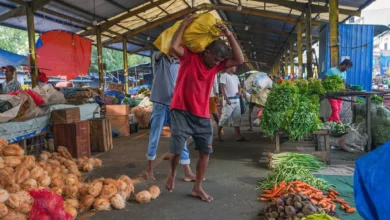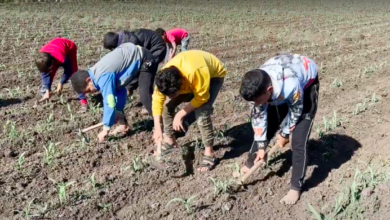The “Poverty alleviation, Legal rights for children, women and girls” project concluded Tuesday with a conference featuring its sponsor, the National Center for Childhood and Motherhood. The center worked in coordination with the World Bank and received funding from Italian Cooperation.
“The right to identity” conference presented Egyptian ministers of Health, Interior, Social Security, Family and Population with reports of progress during the three-year duration of the project. Civil society representatives from African and Asian states were also in attendance.
A central tenet of the project is official registration of Egyptians with the state. Citizens without ID cards are not allowed to receive basic governmental services such as education, health, access to credit, registration of marriage, and the right to vote and to inherit property.
The project issued 66,500 ID cards and more than 45,600 birth certificates. Around 16,500 registration documents have been released by the project.
The initiative is active in 487 villages in seven governorates that include Giza, 6 October, Helwan, Beni Suef, Minya, Sohag and Qena. Female empowerment is a special priority.
The percentage of Egyptians not registered with the state remains high, according to project officials. The project, while in its early assessment phase, found that 2 percent of a sample of 3000 families didn’t have birth certificates. Of this percentage, 85 percent were women. The percentage of such “invisible citizens” is expected to be higher throughout the country.
“The right to identity is not only a personal achievement but also the first step to obtain further rights,” noted Moushira Khattab, president of the NCCM. But despite the positive outcome “the path is still long.”
Ministers of Health and Social Solidarity said the project helped them update their databases, gain a better sense of figures, and, accordingly, develop better strategic planning.
The conference also screened a documentary that exposed the social and economic conditions of women residents of several villages where the project operated.
In the film, a woman named Maliha expressed pride in having finally acquired an official personal document. “I don’t know how old I am, I come from a family of 12 brothers and sisters and now I have five sons and a daughter,” she said. “My husband is a casual worker but he is ill and jobless. I thought that official documents will help me obtain a pension and extra rates of subsidized bread.”
The project sponsored awareness campaigns that sought to bridge the gap between civil registry officers and unregistered people, who often live in poor and remote areas of the country.
But the campaigns faced significant challenges. Accordingly to social workers involved in the initiative, people generally fear national authorities, feel threatened by the police, and think they will have to pay more taxes if registered.
“It has been extremely difficult to convince face-veiled women to get photographed,” said a social worker. “Nevertheless we were able to negotiate permission to take ID photos directly in [their houses] to facilitate the procedures.”
“Sometimes men have perceived our practices as being against them, and only addressing women, but we managed to involve all the community so they understood that more rights to women mean better conditions for all the family,” said another social worker.
Registration of documents is only the project’s first priority. Other activities include vocational trainings, micro-credits, literacy classes for women and girls, and health and hygienic awareness.




